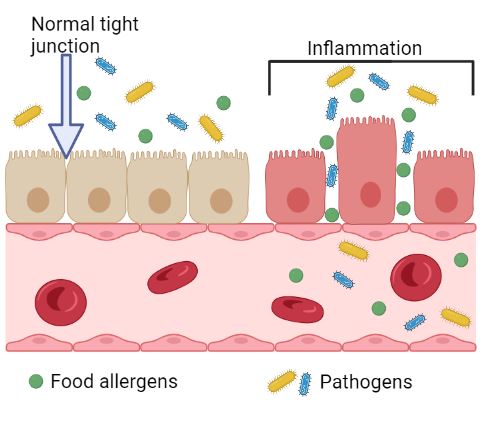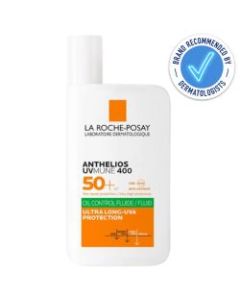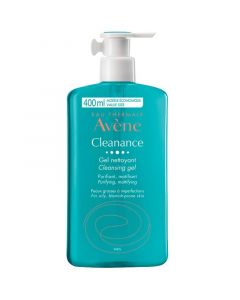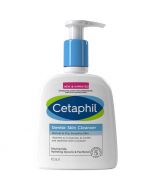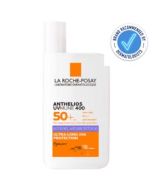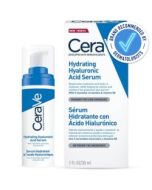
Could looking after your gut health also save your skin?
What is gut health?
Gut health refers to the overall well-being and functioning of the digestive system, particularly the gastrointestinal tract. It involves the balance of microorganisms, known as the gut microbiota, along with other factors such as digestion, absorption, and elimination.
The gut microbiota consists of trillions of bacteria, viruses, fungi, and other microbes that reside in the intestines. These microorganisms play a crucial role in maintaining gut health by aiding in digestion, synthesising vitamins, supporting the immune system, and protecting against harmful pathogens.
Impact of gut health on the body
Several factors can influence gut health, including diet, lifestyle, medications, stress, and environmental factors. Poor gut health can lead to various digestive disorders and conditions, such as irritable bowel syndrome (IBS), inflammatory bowel disease (IBD), constipation, diarrhoea, and gastro-oesophageal reflux disease (GORD) as well as other aspects of health, including mental health, immunity, and metabolism.
Emerging research suggests that there is a strong connection between got heath and skin health. The gut-skin relationship refers to the bidirectional communication between the gut microbiota and the skin. The balance of gut microbiota and the integrity of the intestinal barrier can influence various skin conditions and overall skin health.
Signs of bad gut health on the skin
Inflammation:
A healthy gut helps regulate the immune system and maintain a balanced inflammatory response. Imbalances in the gut microbiota, such as an overgrowth of harmful bacteria or a lack of beneficial bacteria, can contribute to chronic low-grade inflammation. This inflammation can manifest in the skin and contribute to conditions like acne, eczema, psoriasis and rosacea. Further inflammation could be caused with a condition commonly referred to as leaky gut, shown below. This occurs when the intestinal barrier becomes compromised, allowing toxins and inflammatory substances to leak int the bloodstream. This can lead to systematic inflammation and trigger immune responses, which can manifest in the skin as rashes, hives, or other inflammatory skin conditions.
Dry skin:
The gut is responsible for absorbing nutrients from the food we eat. If there are imbalances or issues in the gut, it can affect the absorption of essential nutrients like vitamins, minerals and fatty acids. These nutrient deficiencies could then compromise skin health and contribute to various skin issues, including dryness and dullness which could then develop into conditions like psoriasis and eczema.
Acne:
As we said before, imbalances in the gut microbiota can trigger inflammation which then contributes to the development of acne lesions. These imbalances also have an impact on the balance of hormones and can lead to increase in certain hormones such as insulin-like growth factor 1 (IGF-1) which has been associated with acne development. Finally, good gut health is crucial for proper detoxification processes. When the gut is compromised, toxins and waste products that should be eliminated can build up in the body, ultimately resulting in acne build up.
How to combat these skincare issues
Calming Ingredients:
Look for gentle skincare products containing ingredients such as chamomile and aloe vera, known for their calming and anti-inflammatory properties. These ingredients can help soothe and alleviate skin irritation. If you do have blemish-prone skin, use a non-comedogenic cleanser to remove dirt, excess oil, and impurities without stripping the skin's natural moisture. Also, look for cleansers containing salicylic acid, benzoyl peroxide, or tea tree oil, as these ingredients have anti-acne properties. Hylauronic acid provides intense hydration and plumpness to your skin, and niaciniamide diminishes dullness and strengthens the weakened surface of the skin.
Repairing ingredients:
The main factor causing all of these issues is a weakened skin barrier so it is important to look for skincare that will repair and strengthen this barrier. One of the best ingredients for this is ceramides, which not only strengthen the skin barrier but also have anti-inflammaroy properties and help lock in the skin's moisture. When looking for products containing ceramides try and find formulations that contain a blend of different ceramide types (such as ceramide 1, ceramide 3, ceramide 6-II).
Antioxidants:
Antioxidants help protect the skin from free radicals and reduce inflammation. Look for products that contain antioxidants like vitamin C, vitamin E, resveratrol, niacinamide, or green tea extract. These ingredients can help calm inflammation and promote skin repair.
SPF:
Protecting your skin from harmful UV rays is crucial to prevent inflammation and further skin damage. Choose a broad-spectrum sunscreen with a high SPF and apply it generously before sun exposure. Look for products that are formulated for sensitive or inflamed skin to avoid potential irritation. If you have blemish-prone skin, try to avoid oily SPF's as these will clog your pores and increase breakouts.
Spot treatments:
Apply spot treatments containing ingredients like benzoyl peroxide or tea tree oil directly on active acne lesions to help reduce inflammation and kill acne-causing bacteria. Use these treatments as directed and avoid excessive use to prevent dryness and irritation.
Moisturisers:
Opt for more emollient moisturisers to lock in moisture and restore the skin's barrier function. Look for ingredients like ceramides, shea butter, squalane, or oils such as jojoba oil, almond oil, or argan oil, which help nourish and hydrate the skin. For blemish-prone skin choose lightweight, oil-free moisturisers that won't clog pores or contribute to further breakouts. These products will be labeled as "non-comedogenic" or "oil-free."
Exfoliants:
Regular exfoliation helps remove dead skin cells allowing for better absorption of moisturising products, and unclogs pores which prevents acne breakouts. However, be cautious not to over-exfoliate, as it can exacerbate dryness. Choose gentle exfoliants like mild chemical exfoliants (e.g., AHAs or BHAs) or enzymatic exfoliants that help promote cell turnover without causing excessive dryness or irritation. Start with a lower concentration and gradually increase as tolerated
Skincare to avoid
Harsh exfoliants:
Physical exfoliants can be too harsh and abrasive, leading to micro-tears in the skin's surface as well as spreading bacteria. This can disrupt the skin barrier and cause irritation, redness, and inflammation, especially for those with sensitive or acne-prone skin.
Avoid irritants:
Ingredients such as fragrances, alcohol, sulfates, and harsh exfoliants can aggravate the skin causing inflammation and breakouts. Try and go for skincare that contains calming and soothing ingredients (like the ones we mentioned earlier).
How to improve and maintain good Gut Health
When it comes to supporting gut health, incorporating certain ingredients into your diet can be beneficial. These ingredients include: fiber-rich foods, ginger, turmeric, bone broth and omega 3 fatty acids. You can also take probiotic supplements to help restore and maintain healthy gut microbiota.
Furthermore, regular exercise, stress management, adequate sleep, and avoiding excessive antibiotic use are also important for supporting gut health. It's essential to note that individual responses to dietary and lifestyle changes may vary, so consulting a healthcare professional or registered dietitian can provide personalized guidance and recommendations for improving gut health.
Takeaways:
1. Looking after your gut health is essential if you want to look after your skin
2. Don't judge a book by its cover when it comes to skincare, make sure to look at the ingredients
3. It isn't just about what you put on your skin, its about what you put into your body

